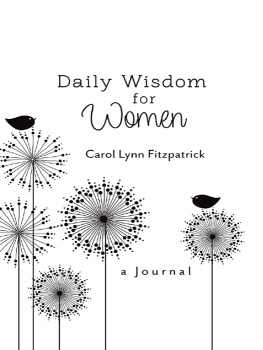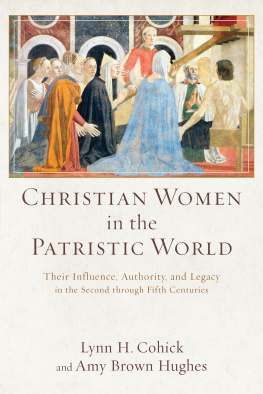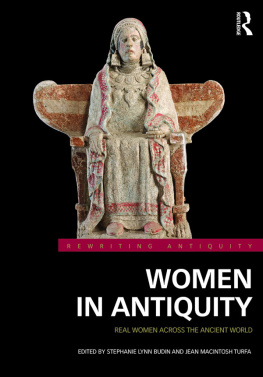E. Lynn (Elizabeth Lynn) Linton - Modern Women and What is Said of Them
Here you can read online E. Lynn (Elizabeth Lynn) Linton - Modern Women and What is Said of Them full text of the book (entire story) in english for free. Download pdf and epub, get meaning, cover and reviews about this ebook. year: 2006, publisher: Scholarly Publishing Office, U of MI, genre: Art. Description of the work, (preface) as well as reviews are available. Best literature library LitArk.com created for fans of good reading and offers a wide selection of genres:
Romance novel
Science fiction
Adventure
Detective
Science
History
Home and family
Prose
Art
Politics
Computer
Non-fiction
Religion
Business
Children
Humor
Choose a favorite category and find really read worthwhile books. Enjoy immersion in the world of imagination, feel the emotions of the characters or learn something new for yourself, make an fascinating discovery.

- Book:Modern Women and What is Said of Them
- Author:
- Publisher:Scholarly Publishing Office, U of MI
- Genre:
- Year:2006
- Rating:3 / 5
- Favourites:Add to favourites
- Your mark:
- 60
- 1
- 2
- 3
- 4
- 5
Modern Women and What is Said of Them: summary, description and annotation
We offer to read an annotation, description, summary or preface (depends on what the author of the book "Modern Women and What is Said of Them" wrote himself). If you haven't found the necessary information about the book — write in the comments, we will try to find it.
Modern Women and What is Said of Them — read online for free the complete book (whole text) full work
Below is the text of the book, divided by pages. System saving the place of the last page read, allows you to conveniently read the book "Modern Women and What is Said of Them" online for free, without having to search again every time where you left off. Put a bookmark, and you can go to the page where you finished reading at any time.
Font size:
Interval:
Bookmark:

J. S. REDFIELD,
In the Clerk's Office of the District Court of the United States for the Eastern
District of New York.
PRINTER AND STEREOTYPER,
No. 20 North William St.
| Introduction, | |
| I. | The Girl of the Period, |
| II. | Foolish Virgins, |
| III. | Little Women, |
| IV. | Pinchbeck, |
| V. | Pushing Women, |
| VI. | Feminine Affectations, |
| VII. | Ideal Women, |
| VIII. | Woman and the World, |
| IX. | Unequal Marriages, |
| X. | Husband-Hunting, |
| XI. | Perils of "Paying Attention," |
| XII. | Women's Heroines, |
| XIII. | Interference, |
| XIV. | Plain Girls, |
| XV. | A Word for Female Vanity, |
| XVI. | The Abuse of Match-Making, |
| XVII. | Feminine Influence, |
| XVIII. | Pigeons, |
| XIX. | Ambitious Wives, |
| XX. | Platonic Woman, |
| XXI. | Man and his Master, |
| XXII. | The Goose and the Gander, |
| XXIII. | Engagements, |
| XXIV. | Woman in Orders, |
| XXV. | Woman and her Critics, |
| XXVI. | Mistress and Maid, on Dress and Undress, |
| XXVII. | sthetic Woman, |
| XXVIII. | What is Woman's Work? |
| XXIX. | Papal Woman, |
| XXX. | Modern Mothers, |
| XXXI. | Priesthood of Woman, |
| XXXII. | The Future of Woman, |
| XXXIII. | Costume and its Morals, |
| XXXIV. | The Fading Flower, |
| XXXV. | La Femme Passe, |
| XXXVI. | Pretty Preachers, |
| XXXVII. | Spoilt Women, |
Font size:
Interval:
Bookmark:
Similar books «Modern Women and What is Said of Them»
Look at similar books to Modern Women and What is Said of Them. We have selected literature similar in name and meaning in the hope of providing readers with more options to find new, interesting, not yet read works.
Discussion, reviews of the book Modern Women and What is Said of Them and just readers' own opinions. Leave your comments, write what you think about the work, its meaning or the main characters. Specify what exactly you liked and what you didn't like, and why you think so.








